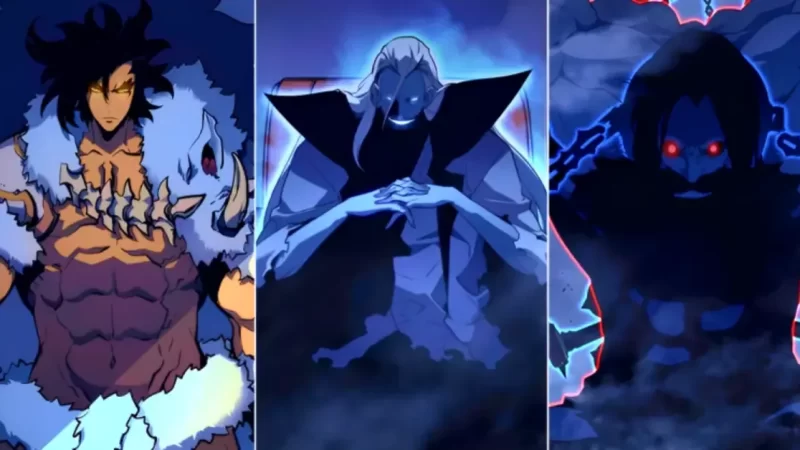As time passes, so does the universe of digital entertainment. The introduction of new versions of baccarat in online casinos has resulted in the creation of exciting new settings for the playing of conventional card games. In the same way, both traditional and cutting-edge media are continually developing new techniques and introducing fresh visual components in a wide range of film, television, social media, and, most recently, anime.
Media is experiencing phenomenal expansion, reaching billions of people around the world, and is finally receiving the recognition many believe it deserves. The creators of these works have provided their readers a tremendous deal of fantastic material by creating interesting and original settings, compelling plots, and likable and nuanced characters.
Yoshihiro Togashi’s Hunter x Hunter will be discussed, and more specifically, one of the series’ most well-known and ominous villains, the Chimera Ant King Meruem.
What Sets Meruem Apart as an Evil Boss
Even while anime villains are just like any other characters with their own unique features and personalities, they typically fall into recognizable tropes. Both the broken/well-intentioned but questionable tactics type and the outright evil/monster kind tend to be very common.
Examples of the monster archetype that have gained widespread popularity include Frieza and Buu from the Dragon Ball series, Doflamingo from One Piece, and Sukuna from the more recent Jutsu Kaisen. As with most villains, these individuals’ primary motivation is to stand in the way of the hero or his supporters. They are portrayed as completely evil so that viewers will experience the same “hatred” as the characters in the story do when they encounter them, making their defeat all the sweeter when it finally comes.
On the other hand, the shattered archetype doesn’t just pose a physical barrier that must be surmounted; it also calls into question the values and ethics of the “good” characters. Whether it’s Zabuza, Pain, or Obito, many of Naruto’s villains have been redeemed by the end of their storylines because they match this profile.
However, these brief explanations are still important since Meruem can suit these two archetypes, as well as others, depending on whatever stage of his development you examine.
Meruem’s Progression & Komugi
Meruem was an utterly monstrous being, having been born as the apex of chimera ant evolution, with extraordinary physical and cerebral skills, and with a single aim, to achieve the top rank on the food chain for his species. A being with a very narrow and basic perspective on the universe who happens to be born on the throne and inherits authority.
To put it bluntly, it was doom and gloom waiting to happen. Meruem considered his own race to be superior to the inferior humanoids that the chimera ants ate. To him, the day he was born marked the beginning of a new era, one in which humanity finally conquered Earth and modernized its food chain. He frequently referred to the symbiotic relationship between humans and cattle and claimed that restoring this equilibrium would be his ultimate conquest.
As his royal guard (other chimera ants) helped him conquer neighboring areas, Meruem would pause to recruit physically capable people, who he would then transform into chimera ants. He would challenge himself by surrounding himself with the most accomplished people in a wide range of areas.
No one had ever defeated him in the board game Gungi until he met a seemingly fragile, frail, blind girl who claimed to be an expert. The King assumed it would be business as usual, given that he had already defeated numerous board game masters. They quickly read the rules and became experts, and then they began their match, which would be a watershed moment in Meruem’s development.
The King was defeated for the first time in his brief reign. Meruem was defeated by something that was physically weaker than it and would have been easily killed in a real fight. But together with the embarrassment was a sense of almost indescribable thrill. Last but not least, a test and the opportunity to develop.
Over the course of the next few days, Meruem would lose match after match, becoming increasingly preoccupied with a board game that even he had admitted was useless. Something about this person, this girl who boldly said that the King should take her life if she lost a match, attracted him. The girl who read him like a book and seemed almost telepathic.
The king learned something from these bouts, namely, that power can take many forms; nevertheless, as his concentration waned and his frustration increased, he also came to believe that physical strength was more important than everything else. He decided to eliminate his weakness the night before King’s army was to undergo its change, and he murdered the girl named Komugi who had defeated him in Gungi.
But his determination would crumble the moment he witnessed the girl fighting against what appeared to be an eagle while holding back sobs of anguish and despair. After killing the predator, Meruem’s instincts kicked in and he was left wondering why Komugi hadn’t called for help. The girl answered hesitantly that she did not want to wake anyone up so late at night.
Meruem almost spewed out that Komugi was not disturbing anyone and that she was an important guest in his extreme bewilderment at the prospect of why a human would value her own life by so little and why he could not just do what he was intending to do just minutes ago.
The Fight with Netero & The King’s Demise
To give some background, word of the threat posed by a mighty and cruel ant king swiftly reached the world’s governments. Thousands of civilian hostages had been entranced and were waiting to be transformed into chimera ants and join the army, so they were powerless to do anything.
As a result, militaries faced severe limitations on their access to deadly firepower, prompting many governments to seek assistance from the Hunter group. Association chairman Isaac Netero, who at age 120 is widely considered to be the world’s most powerful Nen user, decided it was up to him and his closest allies to eliminate the danger posed by Meruem.
Hunters would put in a lot of effort to leave Netero alone with the King for a one-on-one meeting if he were to arrive at his castle at the time of the above-described events with Komugi and Meruem. When Meruem saw Netero, he asked one of his royal guards to protect Komugi’s life and asked the elderly man to lead the battle beyond the castle walls to save unnecessary casualties.
The monarch was so sure of himself that he even offered the Hunter compassion in exchange for submission, which was a huge insult to Netero. His dying mother had given him a name, and if he could get Meruem to confess defeat, he would tell him that name. In the past, this wouldn’t have fazed the king, but today he’s curious to find out what his name is.
Netero agreed, and then promptly released his aura, propelling Meruem to the ground with such speed and power that it truly shocked him. The king would quickly recognize that he was up against someone extraordinary.
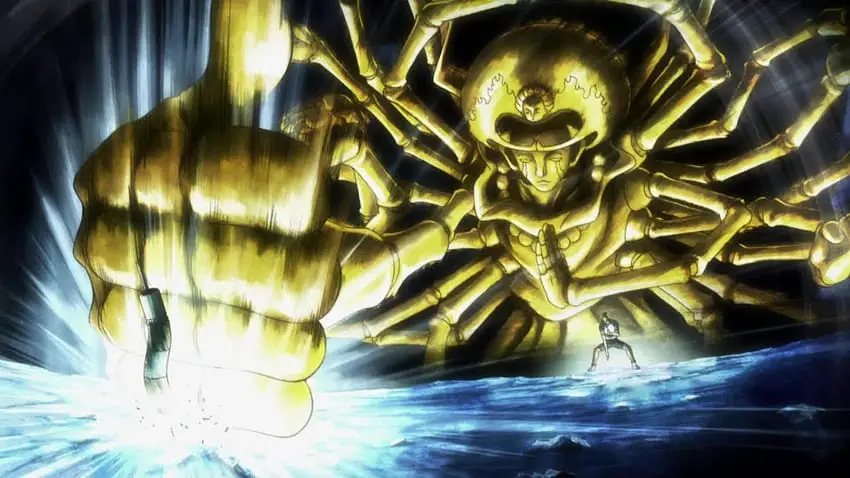
Before him stood a man who had earned every ounce of influence he now possessed through years of hard training and practice. His polar opposite, a born-king with ambitions of global conquest, faces off against a man who started from scratch and achieved great success.
Although Meruem knew that even Netero’s brilliance could not defeat the King, he could not help but appreciate it as a reminder of the bounds to which human potential is subject. Despite his newfound respect for human life, he knew he had to prevail in this battle in order to not only keep his reputation to himself but to also ensure his own survival. Netero’s right leg and left arm were taken after he had taken hundreds, if not thousands, of blows from the Bodhisattva statue.
Netero refused to acknowledge defeat until he had exhausted his entire aura on one more attack that would do only minor damage to the monarch. But Meruem would also find out how far people will go to succeed, along with his name. If the Hunter failed, everything around Netero and the King would be destroyed by a tremendous bomb tied to the old man’s heartbeat.
This indicates that if the King hadn’t ordered them to leave the castle, Netero would have sacrificed all of his hunters and thousands of captives in order to guarantee victory over Meruem. The King, who wanted nothing more than to cease his crusade and spend his last time with the one who made him feel human, who defeated him for the first time, and who showed him the true value of life, would be poisoned rather than killed by the rose bomb.
That’s totally how Meruem would act. She warned Komugi that the poison was probably spreading, but her innocence and virtue led her to remain by his side till the end.
Summary
The amazing part is that even this elaborate summary does not do honor to Togashi’s character work. Many other situations and features of Meruem’s character are also worth noticing, including as the parallel between him and our protagonist Gon, who, in contrast to the King, travels on an opposite trajectory, slowly losing his humanity in this deadly fight. Possibly the scene with Palm, in which the haughty ant king begs for assistance, or the moment with Welfin, in which he expresses hope that he can rediscover his humanity.
All in all, Togashi crafted a genuinely one-of-a-kind antagonist in the form of a man who, at the beginning of the story, is at the height of his despicability but who, over time, comes to understand what it means to be human and to value the potential that lies inside each individual life.
Proper care and maintenance of glass smoking pipes is vital for a pleasurable and trouble-free smoking experience. Preventative maintenance aids in…
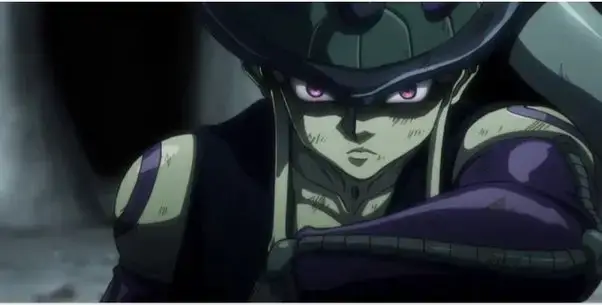
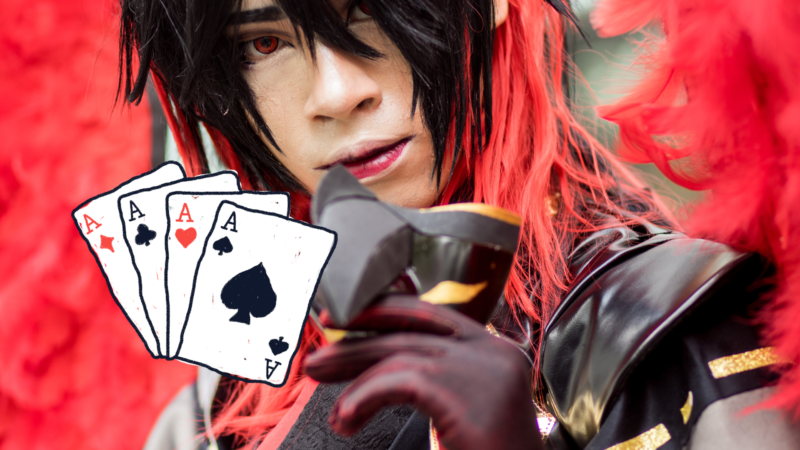

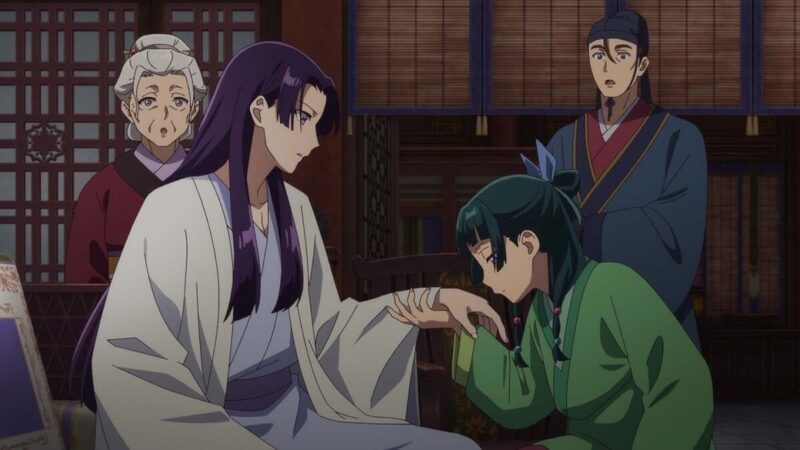
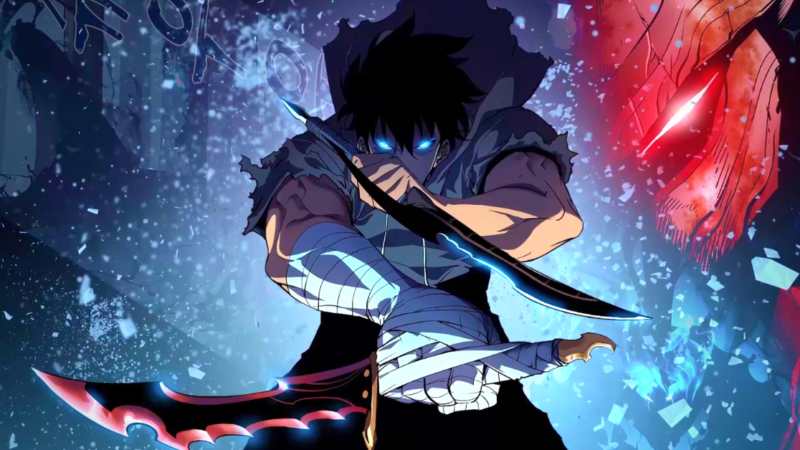
![[Break] Jujutsu Kaisen 249 Raw Scans, Spoilers, New Release Date](https://orianime.com/wp-content/uploads/2024/01/jujutsu-kaisen-249-raw-scans-spoilers-new-release-date-800x413.webp)
